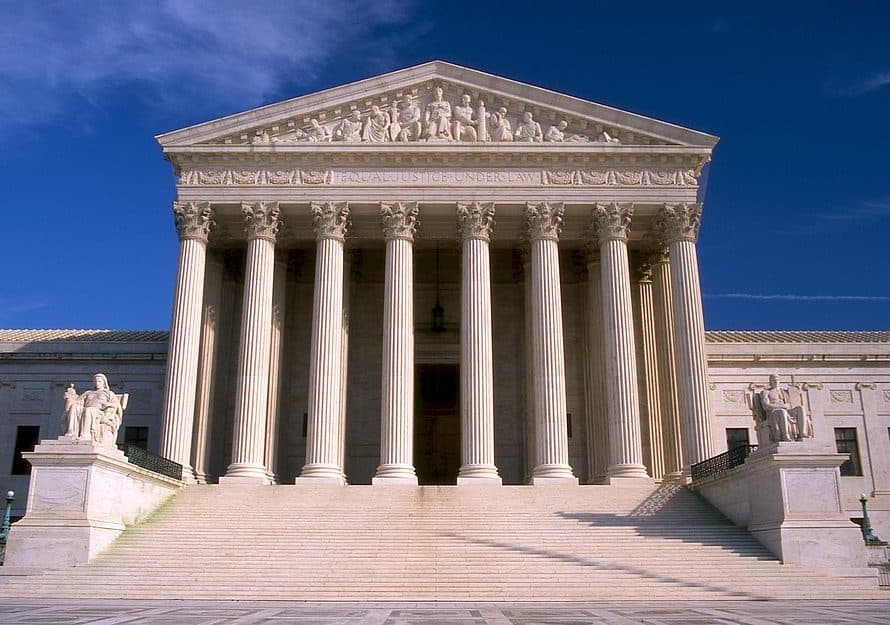JEFFERSON CITY – A Christian bed-and-breakfast owner in Hawaii has appealed to the United States Supreme Court after the Hawaii Supreme Court ruled earlier this year that she must serve same-sex couples, even in violation of her Christian beliefs about marriage and sexuality. Now the Missouri Baptist Convention’s Christian Life Commission (CLC) has joined with two other public policy agencies to support her plea for religious freedom.
The CLC filed a friend-of-the-court brief with the U.S. Supreme Court, Nov. 13, in partnership with the Southern Baptist Convention’s Ethics & Religious Liberty Commission (ERLC) and the Freedom of Conscience Defense Fund.
“It is important for Missouri Baptists to stand up for this Catholic homeowner in Hawaii,” said Michael Whitehead, the MBC’s legal counsel, who filed the amicus brief. “Everyone’s freedom is at risk when the government is able to punish a religious person, forcing her out of her business, and maybe out of her home, just because the government doesn’t like her religious views.”
According to the amicus brief, Phyllis Young rents three bedrooms in her own home and depends on her small business – Aloha Bed & Breakfast (Aloha B&B) – as “her primary source of income in retirement.” According to Hawaii’s “Mrs. Murphy exemption,” Young and other B&B owners who rent out four rooms or less can “select renters compatible with the owner’s lifestyle.”
However, a lesbian couple from Long Beach, Calif., sued Aloha B&B after Young refused to rent them a room in 2007. Six years later, a judge ruled that Young broke the state’s anti-discrimination law when she refused to serve the couple. This decision was upheld by Hawaii’s Intermediate Court of Appeals in February and again by the state’s Supreme Court in July.
The CLC’s Amicus brief urged the U.S. Supreme Court to rule in Young’s favor, based on previous promises from the Court to “prohibit anti-religious hostility by government against religious conscientious objectors.”
Jonathan Whitehead, an ERLC trustee and attorney with the Whitehead Law Firm in Kansas City, noted “what’s at stake” in this case:
• “The freedom to operate a home-based business according to your deeply held beliefs without the fear of being punished by the government because it disapproves of your religious convictions.
• “The ability to own and operate a home-based business without being forced by government to condone conduct in your own home that violates your religious conscience.
• “The freedom to determine which overnight guests you allow to stay in your personal residence.”
“True tolerance,” he added, “is a two-way street, not a zero-sum game where the government can destroy a person of faith simply for living and working in a home-based business consistent with their deeply held convictions and beliefs.”

